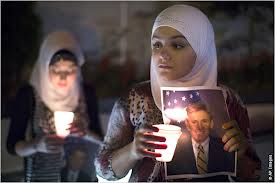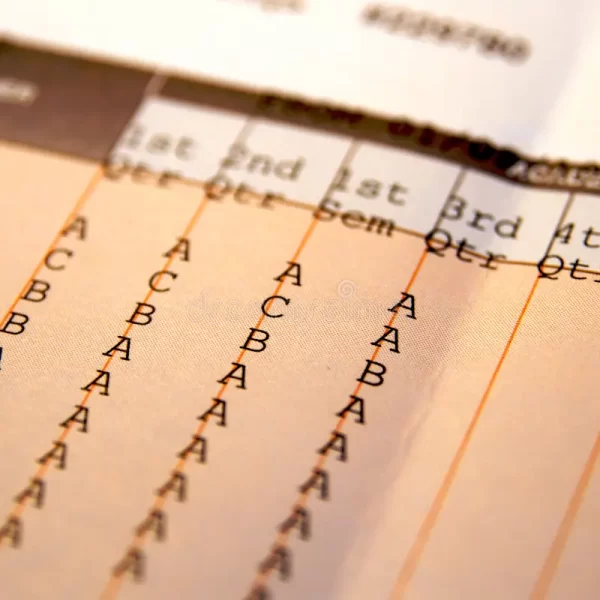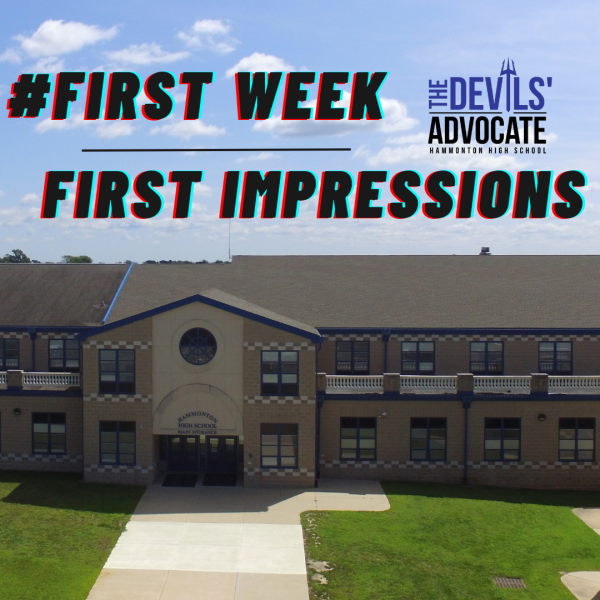Benghazi Blunder
When the news isn’t correct, the public suffers

image fromhttp://ars-paris.state.gov/anre1226.html
In journalism, truth and accuracy are essential to keeping a good reputation and keep the trust of the general public.
If you maintain the truth, you will be awarded for your good reporting, and if you don’t, you will be criticized by viewers, the press, and the government.
CBS’s reputable program 60 Minutes is in that situation.
On October 27th, 60 minutes did a story on the attack on US Ambassador J. Christopher Stevens and his crew during a diplomatic mission on the day of September 11th. The Al Qaeda, a terrorist group known for their disdain for America, overthrew the residence of the ambassador, his men, and four people.
The news program relied on the testimony of Dylan Davies, a security contractor, who said that he took part in defending the compound on the night of the attack, but in reality the truth came out when, after the airing of the show, Davies had admitted to a British security company that he had been nowhere near the compound during the attack.
60 minutes apologized after the realization that they had a faulty source, and since, have been under heavy criticism because they haven’t thoroughly explained to their audience what has truly happened. How this mistake occurred has yet to be revealed.
As a journalist myself, I recognize that the truth is above all else. If some of the major media networks expect the general public to listen, believe, and watch their programs (which in turn would bring in advertising to make them money), they better reconsider which is more important: being the first to report and being accurate.










